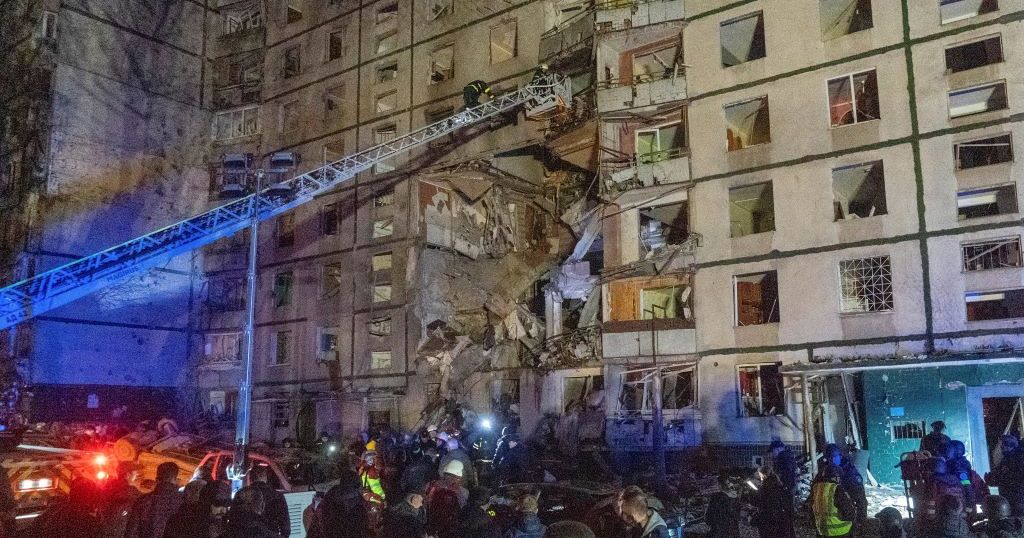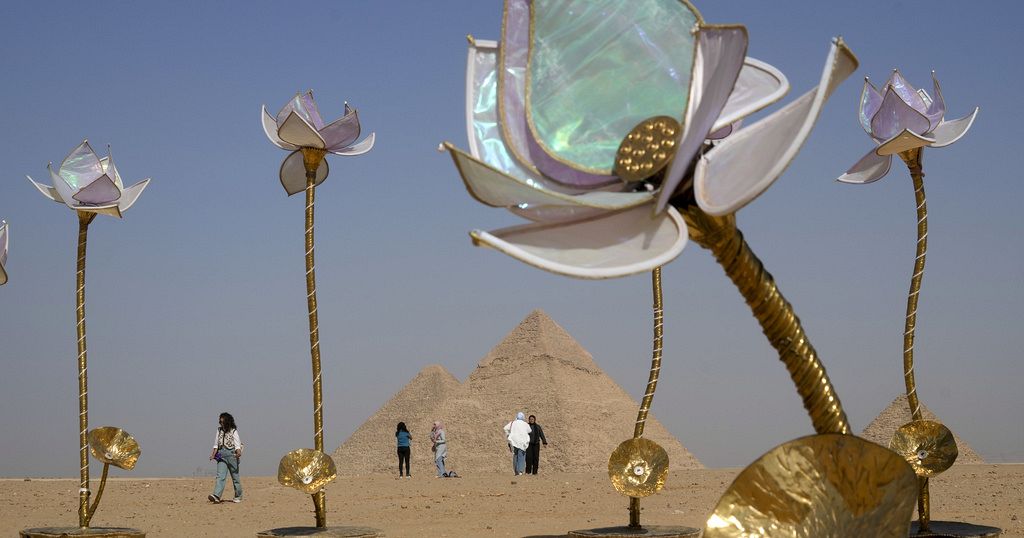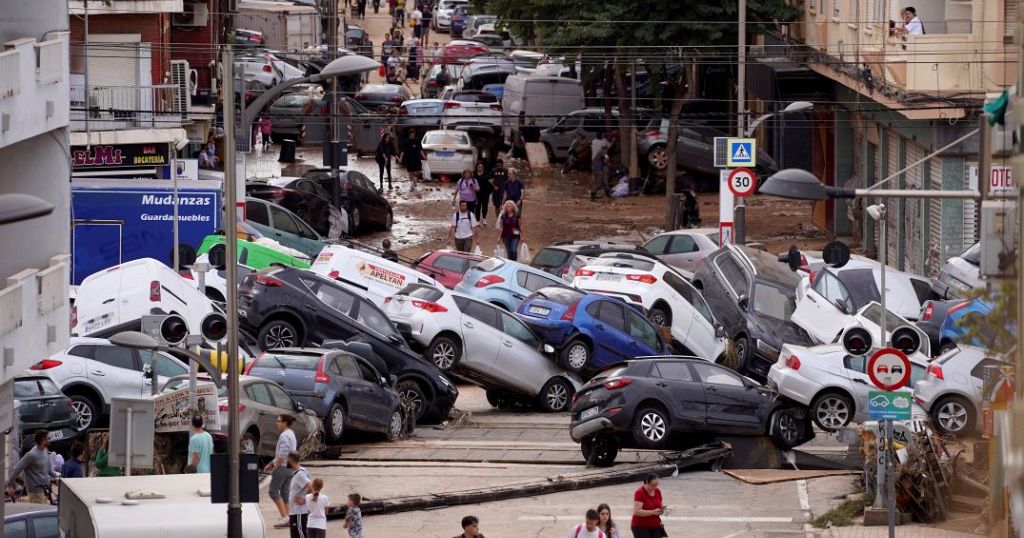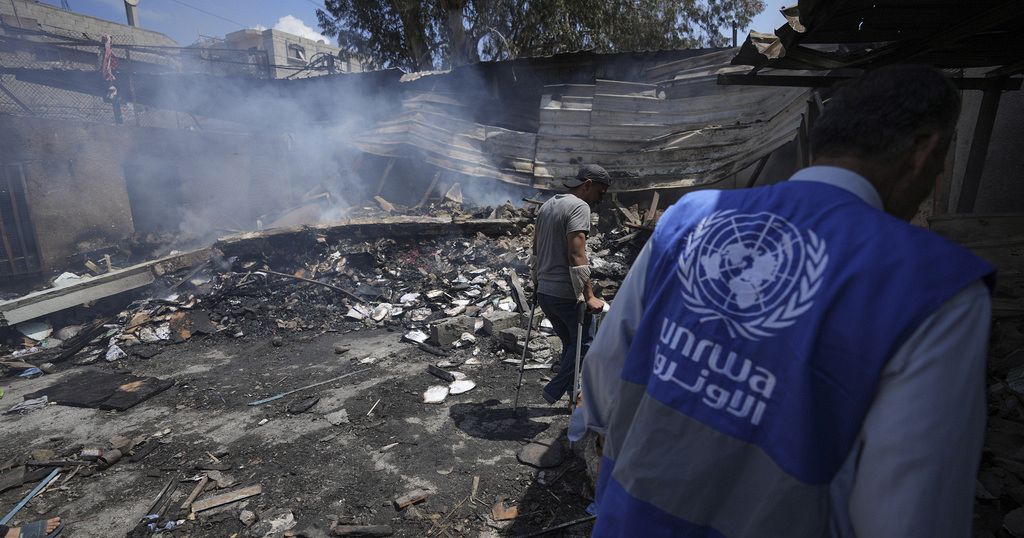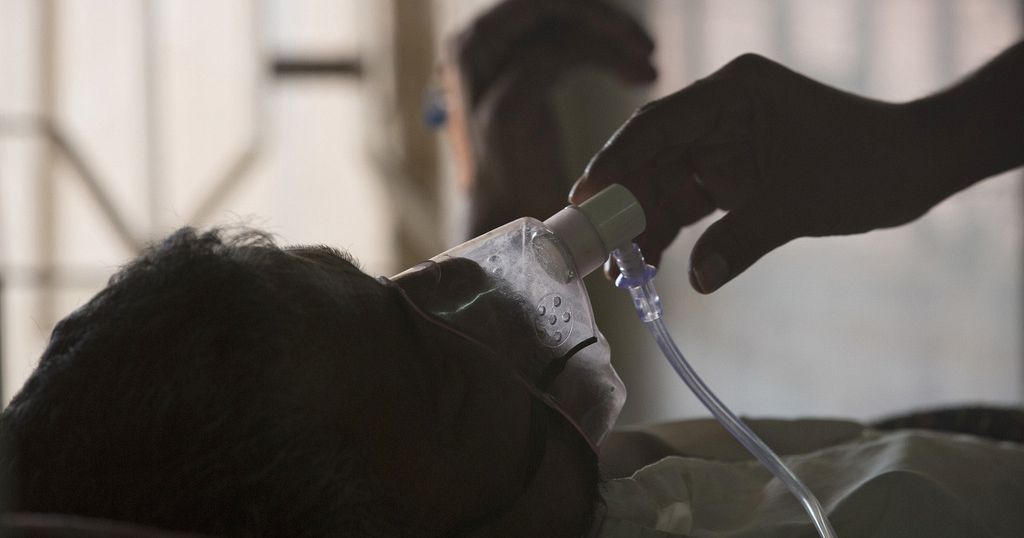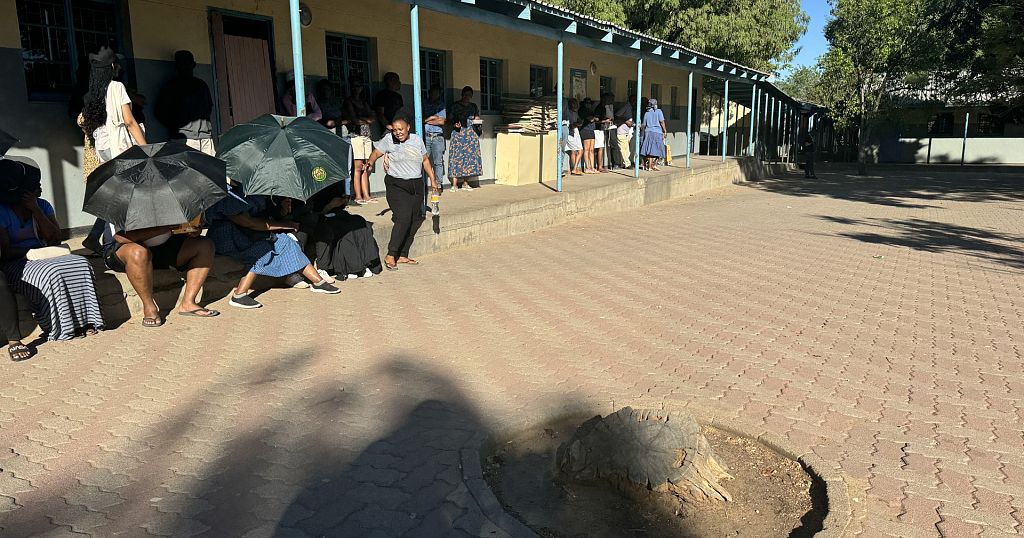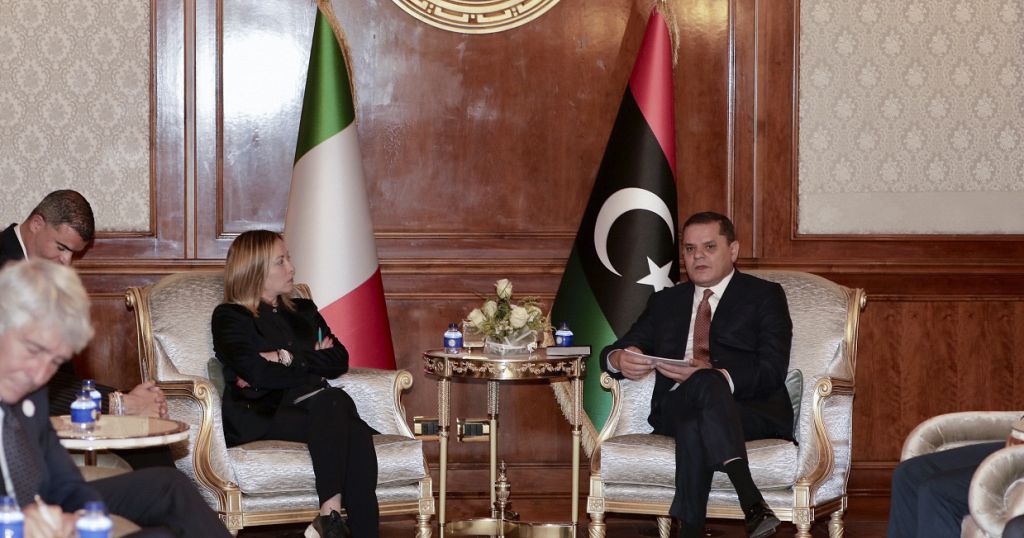Mediterranean: crossings of African migrants have almost doubled
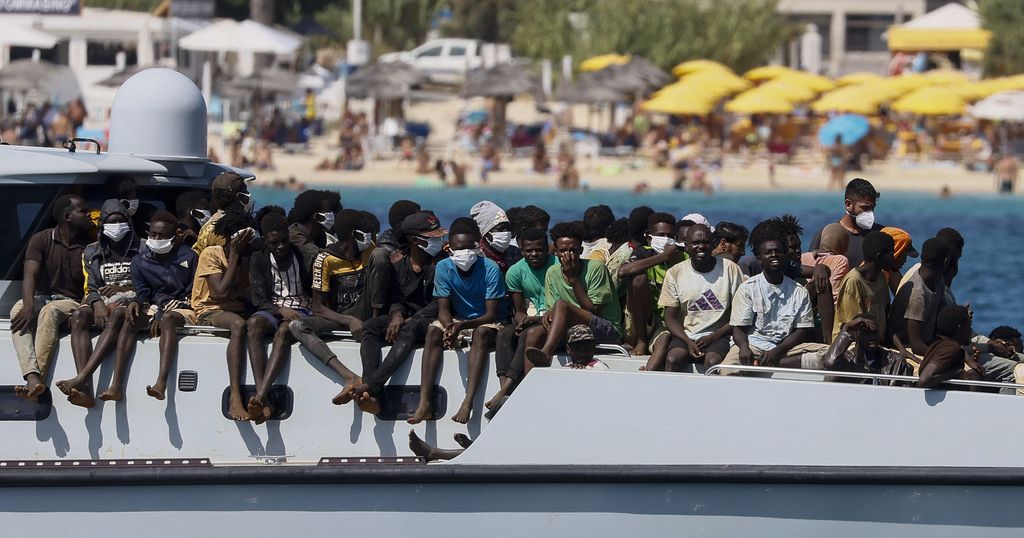
Irregular arrivals of migrants in Italy via the Mediterranean from North Africa amounted to almost 114,300 between January and August, almost twice as many as in the same period in 2022, according to figures announced Thursday by Frontex .
Along with Libya, Tunisia is the departure point for thousands of migrants who cross the central Mediterranean towards Europe and arrive in Italy.
This very dangerous migration route has accounted for “half of irregular arrivals in the EU so far this year” , notes the EU coast and border guard agency.
Migrants arriving via the central Mediterranean are mainly Ivorians , Egyptians and Guineans , according to this source.
“Increased migratory pressure on this route could persist in the coming months, with smugglers lowering prices for migrants leaving from Libya and Tunisia, in a context of fierce competition between criminal groups,” Frontex said in a statement .
More than 2,000 people have died or gone missing since the start of the year attempting this crossing, according to the International Organization for Migration (IOM).
The Italian government, for its part, indicated on Thursday that nearly 126,000 migrants had arrived on Italian shores since the start of the year, compared to 66,000 during the same period last year.
In July, in the presence of Italian Prime Minister Giorgia Meloni, the EU signed a partnership with Tunisia in order to reduce the number of migrant arrivals from this country, providing for aid worth several hundred million euros. ‘euros.
This agreement arouses controversy, due to the authoritarian drift of Tunisian power and the abuses perpetrated against sub-Saharan migrants in this country. Criticism increased on Thursday after the refusal of the Tunisian authorities to allow a delegation of European deputies to enter the country.
Located less than 150 km from the Tunisian coast, the Italian island of Lampedusa is facing an influx of migrants in recent days: it has welcomed more than 7,000 people, the equivalent of the entire local population.
Source: Africanews



